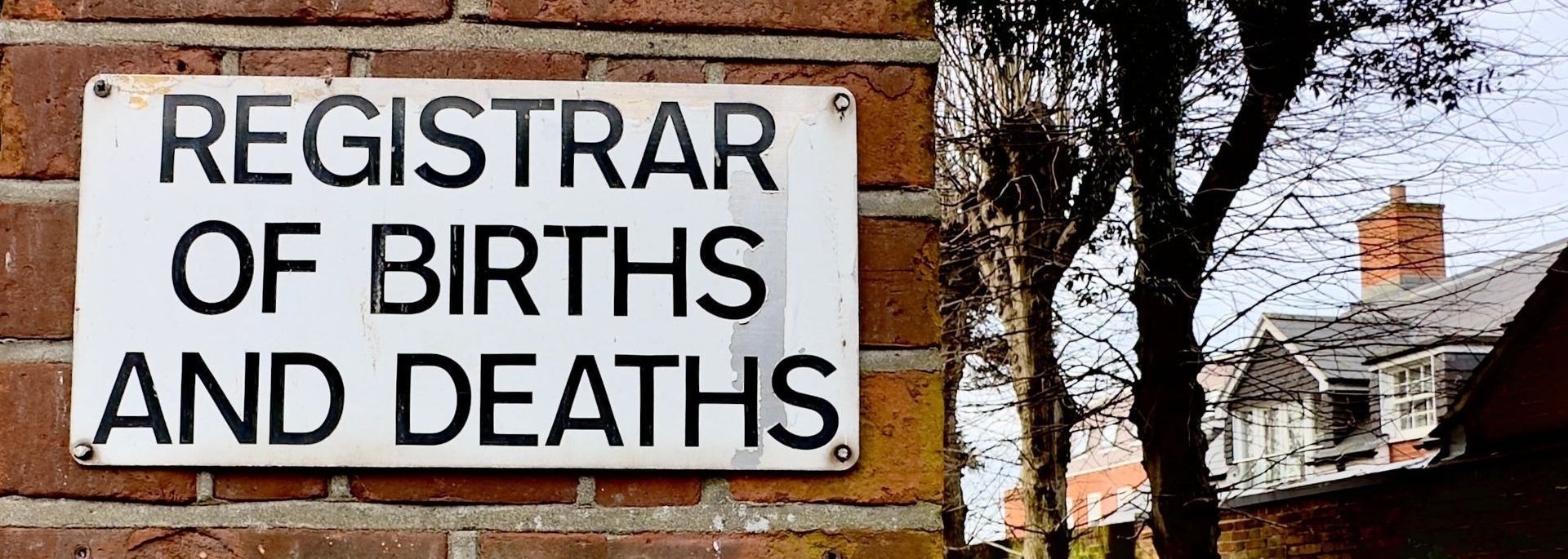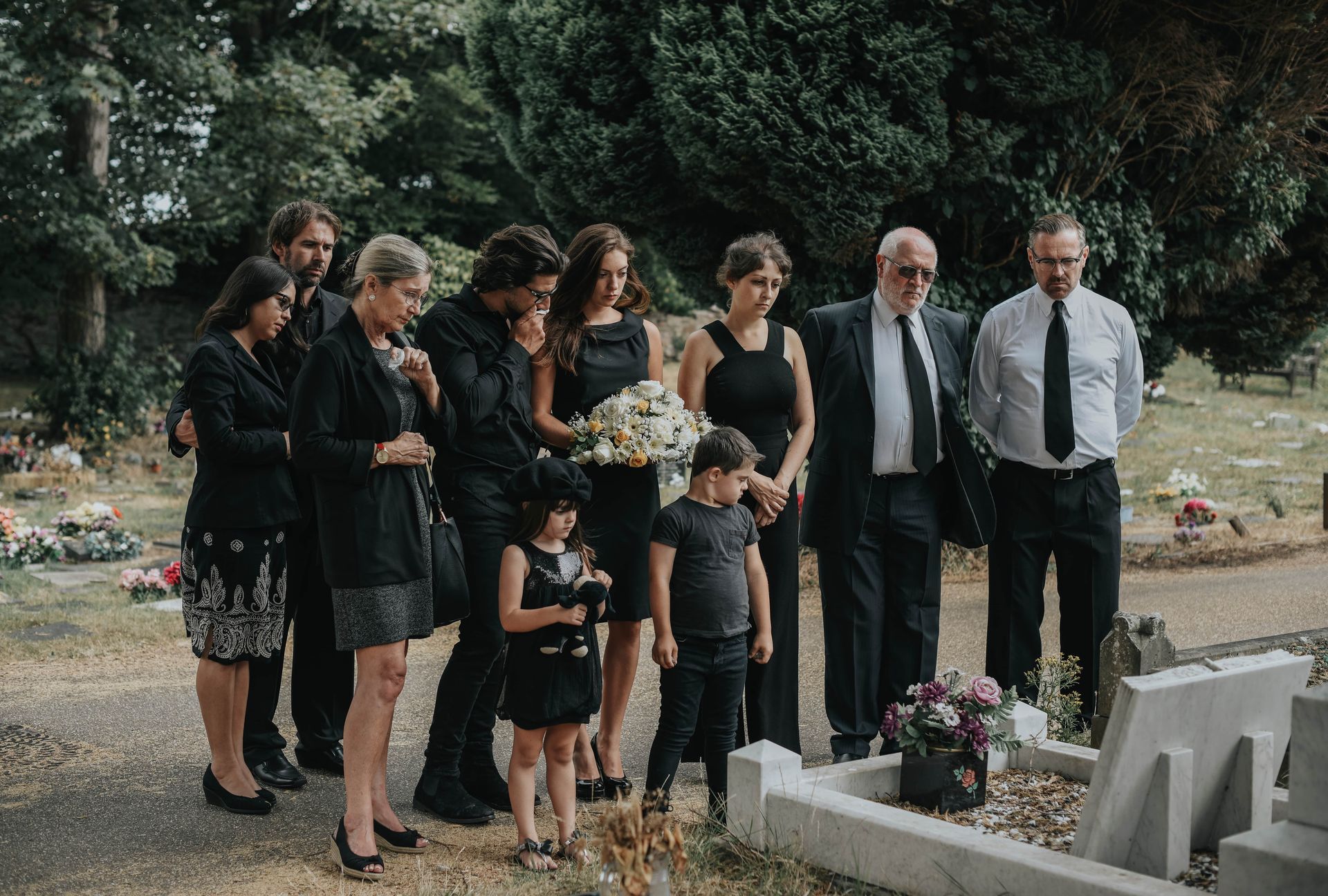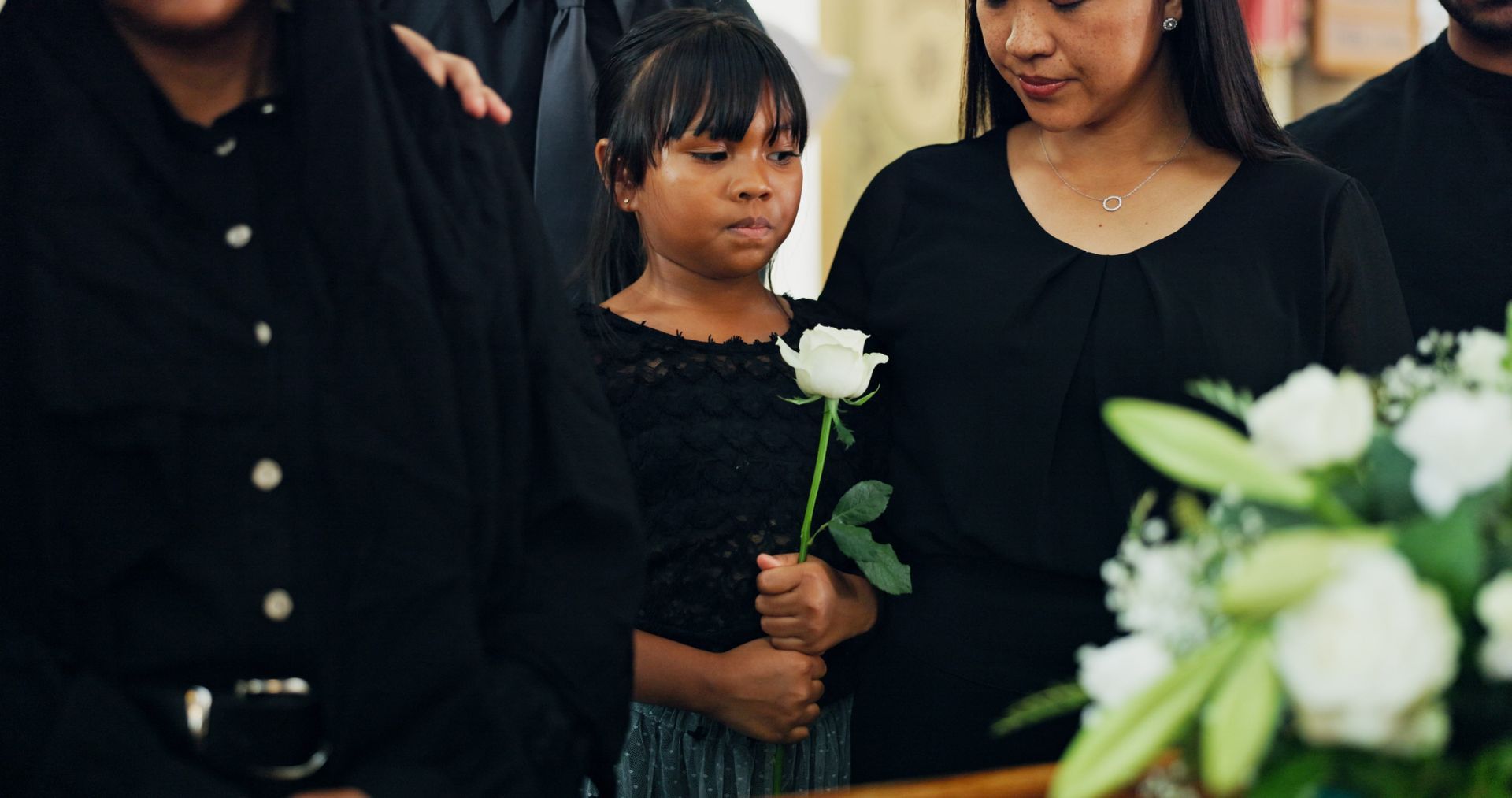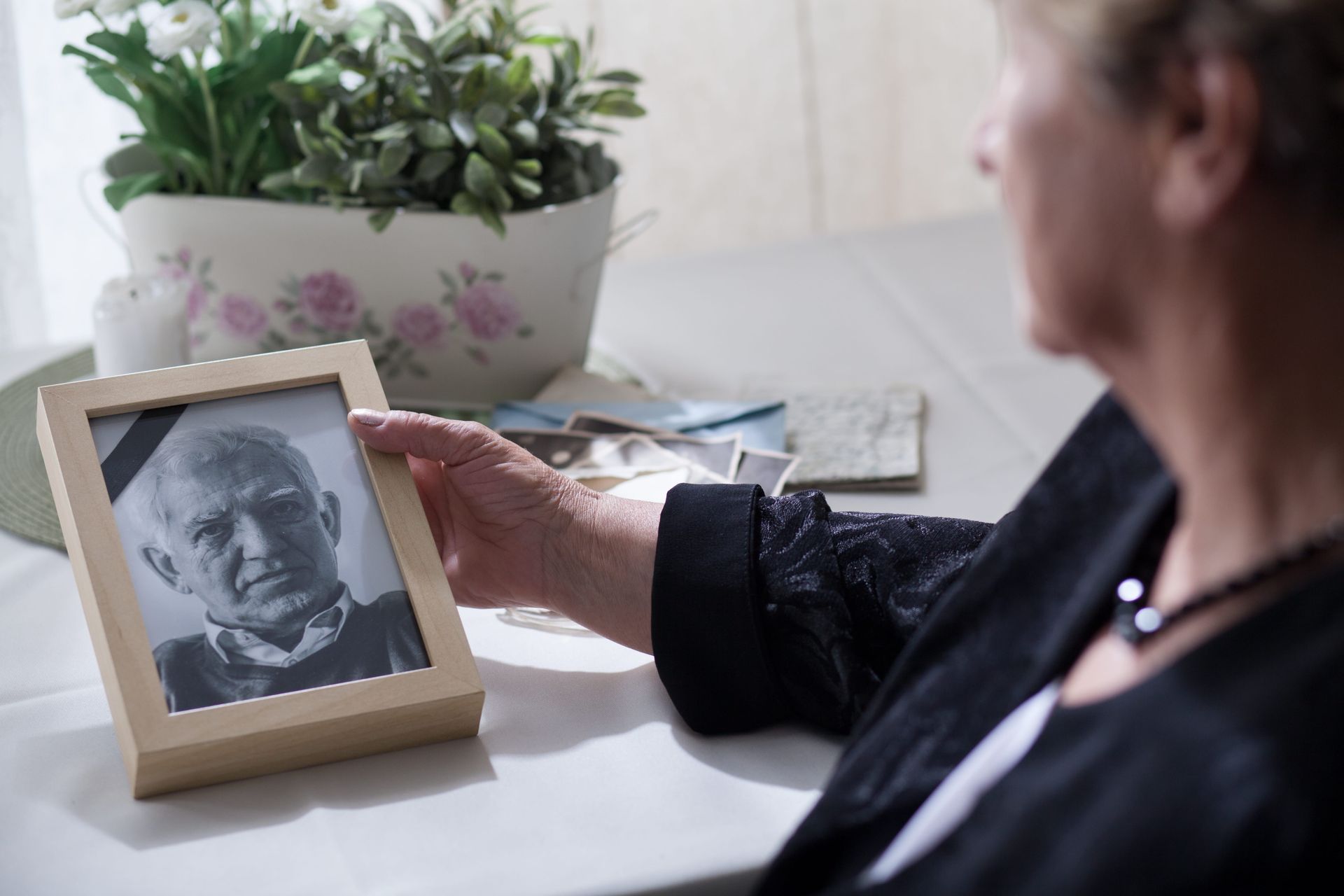How to Register a Death in the UK
A Step-by-Step Guide
Losing a loved one is an incredibly difficult time, and handling the necessary paperwork can feel overwhelming. One of the first legal steps after a death is registering it with the relevant authorities. At FP Gaunt & Sons, we understand how challenging this can be, so we’ve put together this simple guide to help you through the process.
When and Where to Register a Death
In the UK, a death must be registered within five days (eight days in Scotland) unless a coroner’s investigation delays the process. You need to register the death at a local Register Office, usually in the area where the person passed away. If you are unsure where to go, you can find your nearest Register Office on the government website.
Who Can Register a Death?
The following people can register a death:
- A close relative of the deceased
- Someone present at the death
- The person arranging the funeral (not necessarily the funeral director)
- An administrator from the hospital or care home where the person passed away
Documents You Need to Register a Death
To register a death, you will need the Medical Certificate of Cause of Death (MCCD), which is issued by a doctor or hospital. If available, it’s also helpful to bring:
- The deceased’s birth certificate
- Their NHS medical card
- Their driving licence or passport
- Proof of their address
Don’t worry if you don’t have all of these; the essential document is the Medical Certificate of Cause of Death.

Information You Need to Provide
During the appointment, you will need to provide certain details about the deceased, including:
- Full name (and any previous names)
- Date and place of birth
- Last known address
- Their last occupation
- Details of their spouse or civil partner (if applicable)
- Their NHS number (if available)
What You Receive After Registering the Death
Once the death is registered, you will receive:
- A Death Certificate (you can request multiple copies, which may be needed for legal and financial matters)
- A Certificate for Burial or Cremation (the ‘green form’), which is required to proceed with funeral arrangements
- A Certificate of Registration of Death (form BD8), which may be needed for social security and pension purposes
Notifying Authorities and Organisations
Once the death is registered, you may need to inform various organisations, such as:
- Government services (via the Tell Us Once service, which notifies HMRC, DVLA, DWP, and others)
- Banks and insurance companies
- Utility providers and landlords
- Pension providers
Your funeral director can also provide guidance on whom to notify.
Support and Guidance
At FP Gaunt & Sons, we are here to support you through every step of this process. If you need further advice or assistance with funeral arrangements, please do not hesitate to contact us. Our compassionate team is ready to help you navigate this difficult time with care and professionalism.
For more information, feel free to reach out to us directly.
FP Gaunt & Sons – Caring for Families with Compassion and Respect












